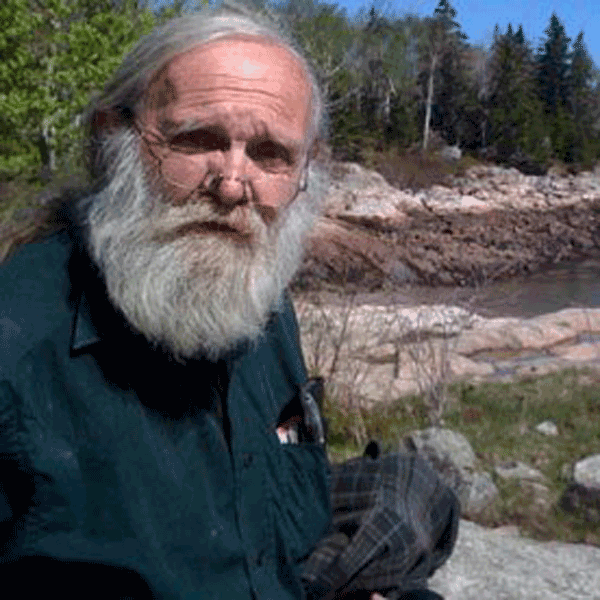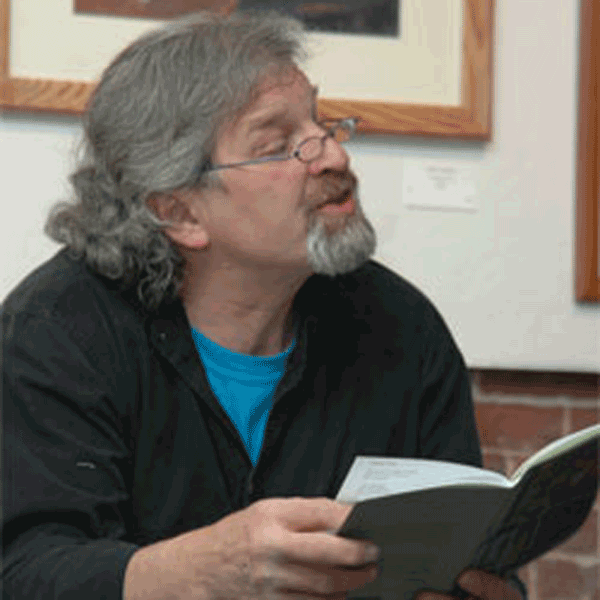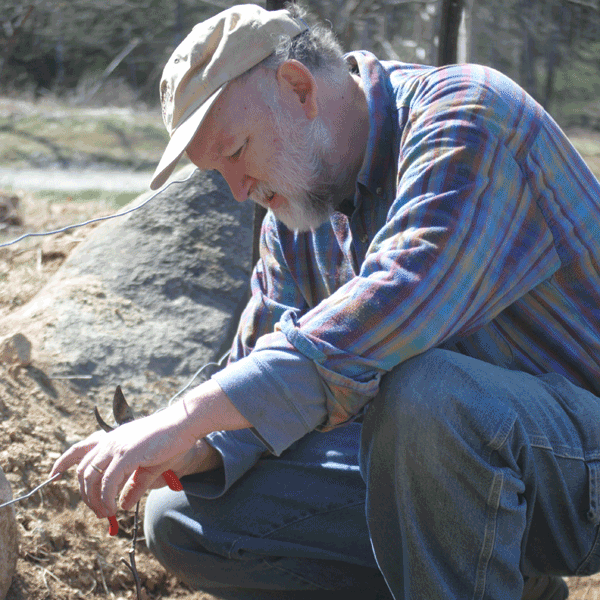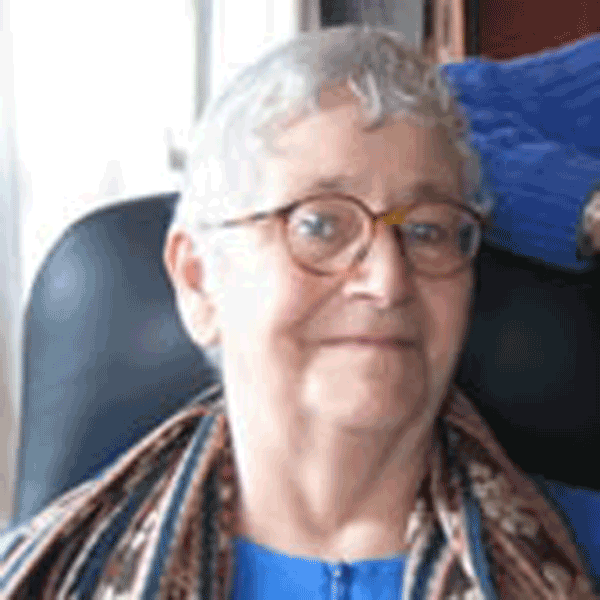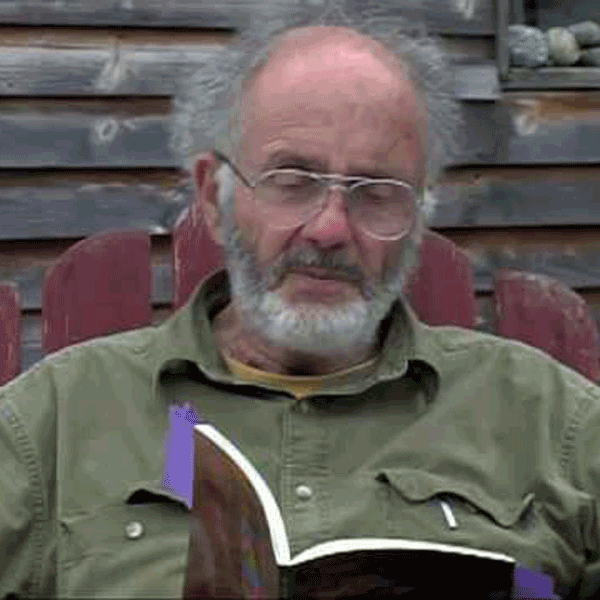Maine lost five poets from 2011 to 2016, Wesley McNair’s term as state poet laureate.
Through their poems we remember them.
| Theodore Enslin (1925–2011) was associated in his early years with the Black Mountain poets. Some of his first poems were inspired by the back-country life of Temple, Maine, where he lived for several years, and after he moved to Milbridge, on the Down East coast, he often wrote about the sea. He published numerous books and chapbooks of poetry, notably Then and Now: New and Selected Poems. Enslin studied musical composition at the New England Conservatory of Music in Boston, and his musical training strongly influenced his work. | |
| Michael Macklin (1950–2012) lived in Portland and Islesboro. At age 50 he returned to college, obtaining a bachelor’s degree and an MFA in creative writing. He became a mentor to hundreds of pupils and spent his last days on a trip with students at the New England Young Writers Conference in Vermont. He served as a poetry editor for Cafe Review and on the board of the Maine Writers and Publishers Alliance, publishing his own work in anthologies and in Rattle, Aurorean, and Handsome. His chapbook of poems is titled Driftland. | |
| Russell Libby (1956–2012) was eulogized by The New York Times as “one of the nation’s leading advocates for organic farming,” who spoke out against “industrial farming and its use of chemical fertilizers and pesticides.” His poetry reflects his lifelong passion for the Maine woods and his strong sense of place. Libby’s first collection, whose title suggests his commitment to the natural order, is titled Balance: A Late Pastoral. Inspired by the farm where he lived and worked, his second volume is What You Should Know: A Field Guide to Three Sisters Farm. | |
| Kate Barnes (1932–2013) was the daughter of Henry Beston and Elizabeth Coatsworth, both writers themselves. She grew up in Maine, then spent twenty years – years when she mostly put her poetry aside – raising a family of four children. Returning to the state, she settled in Appleton and began to write once again, producing a chapbook, Crossing the Field, and two full-length collections, Where the Deer Were and Kneeling Orion. At the center of her poetry is her blueberry farm, its landscape, seasons, and animals, particularly dogs and horses. | |
| Henry Braun (1932–2014) published his poetry in a variety of national venues, including Poetry, The Nation, American Poetry Review, and Colorado Review. His poems have also appeared in anthologies and two collections, The Vergil Woods and Loyalty: New & Selected Poems. Their themes range from philosophical reflections, to observations of nature around his home in Weld, to the destruction of warmaking. A life-long peace activist, Braun participated in many anti-war demonstrations and in the War Tax Resistance movement. |
